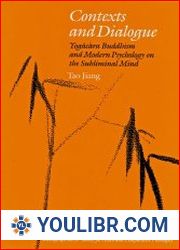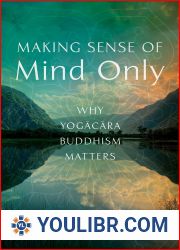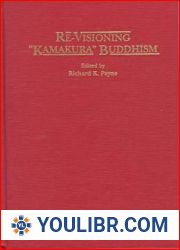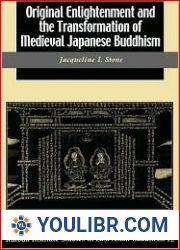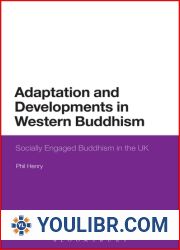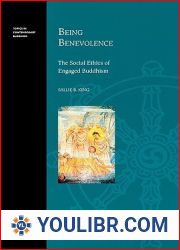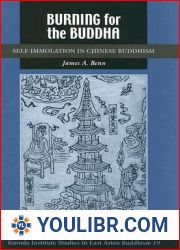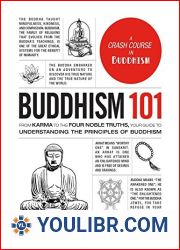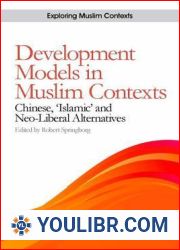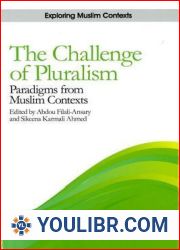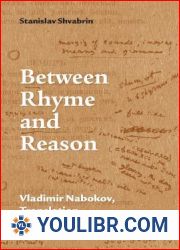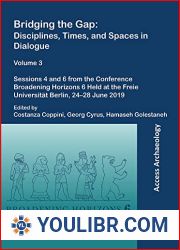
BOOKS - Contexts and Dialogue: Yogacara Buddhism and Modern Psychology on the Sublimi...


US $5.84

797144

797144
Contexts and Dialogue: Yogacara Buddhism and Modern Psychology on the Subliminal Mind (Monographs of the Society for Asian and Comparative Philosophy)
Author: Tao Jiang
Year: November 1, 2006
Format: PDF
File size: PDF 552 KB
Language: English
Year: November 1, 2006
Format: PDF
File size: PDF 552 KB
Language: English
Are there Buddhist conceptions of the unconscious? If so, are they more Freudian, Jungian, or something else? If not, can Buddhist conceptions be reconciled with the Freudian, Jungian, or other models? These are some of the questions that have motivated modern scholarship to approach alayavijnana , the storehouse consciousness, formulated in Yogacara Buddhism as a subliminal reservoir of tendencies, habits, and future possibilities.Tao Jiang argues convincingly that such questions are inherently problematic because they frame their interpretations of the Buddhist notion largely in terms of responses to modern psychology. He proposes that, if we are to understand alayavijnana properly and compare it with the unconscious responsibly, we need to change the way the questions are posed so that alayavijnana and the unconscious can first be understood within their own contexts and then recontextualized within a dialogical setting. In so doing, certain paradigmatic assumptions embedded in the original frameworks of Buddhist and modern psychological theories are exposed. Jiang brings together Xuan Zang's alayavijnana and Freud's and Jung's unconscious to focus on what the differences are in the thematic concerns of the three theories, why such differences exist in terms of their objectives, and how their methods of theorization contribute to these differences.Contexts and Dialogue puts forth a fascinating, erudite, and carefully argued presentation of the subliminal mind. It proposes a new paradigm in comparative philosophy that examines the what, why, and how in navigating the similarities and differences of philosophical systems through contextualization and recontextualization.







